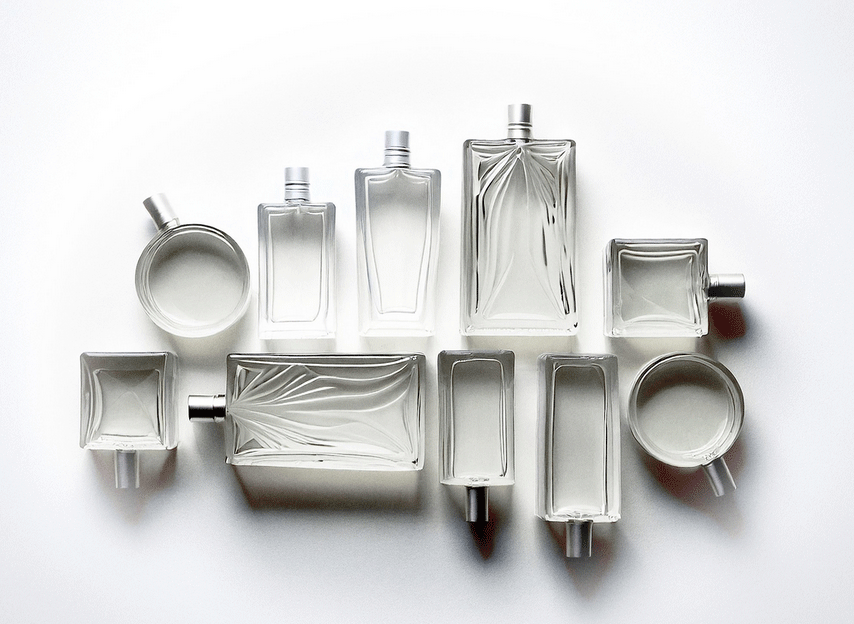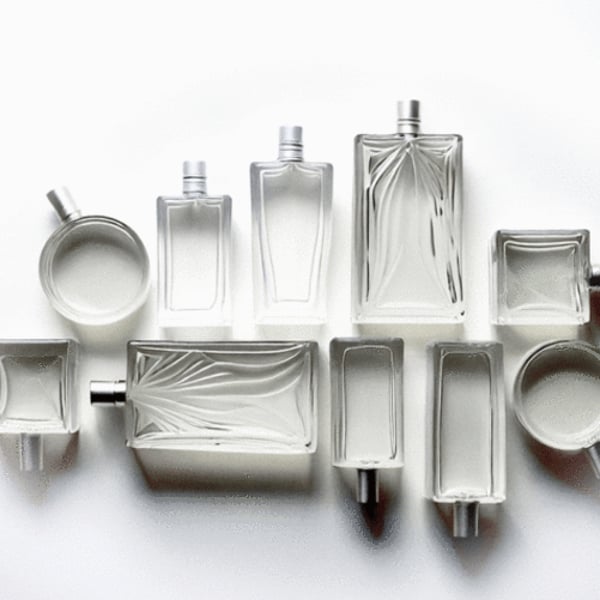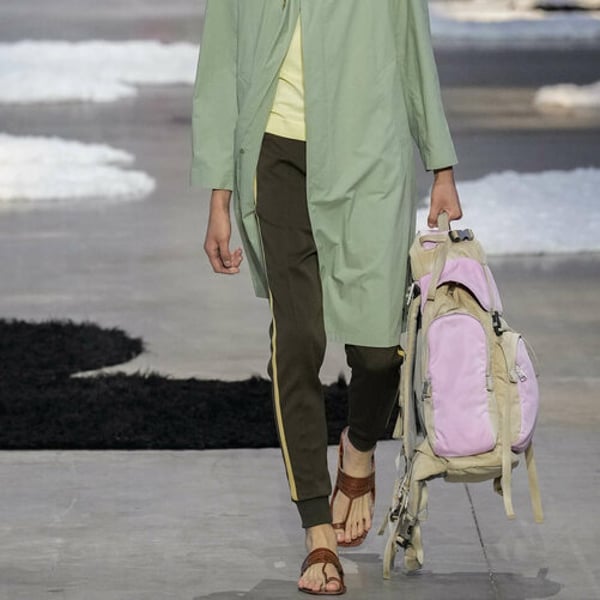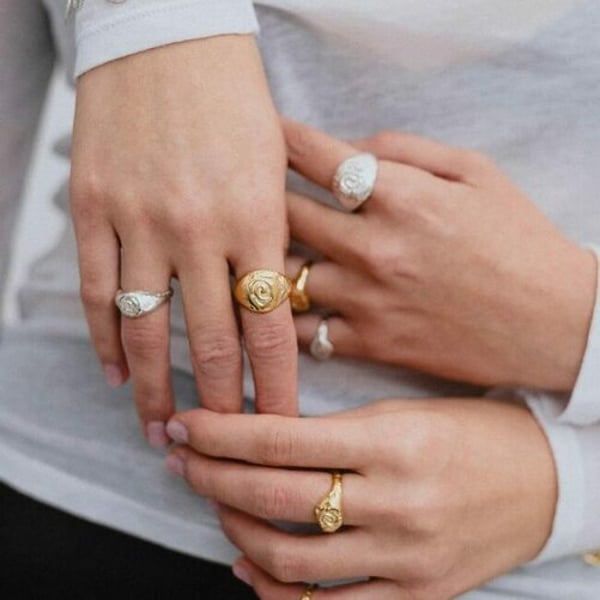The French beauty industry is rethinking its models, faced with the deadline imposed by the French anti-waste law for a circular economy (AGEC), which sets the share of reused packaging at 7% by the end of 2025 and 10% by 2027. Against this regulatory backdrop, six industry players have launched an experiment called “La Boucle Beauté Parfums”, deployed from June 30 to October 31 in 192 outlets across France.

The initiative was initiated by Circul’R with the support of We Don’t Need Roads and the eco-organisation Citeo. It brings together four major brands: Parfums Christian Dior (LVMH), Diptyque, Kenzo Parfums (L’Oréal), and Rochas (Interparfums), as well as two distributors, Nocibé and Beauty Success. The aim is to test a system for reusing perfume bottles on a large scale, by enabling customers to bring in their empty bottles (from J’adore, Flower by Kenzo, Eau de Rochas, and Diptyque ranges) in return for a reward, chosen by each brand.
The collected bottles are then sorted and washed in a specialised centre, using shared logistics, before being reconditioned for re-circulation. The cleaning process, crucial to guaranteeing the quality of reuse, is based on CO₂ washing. This is an innovative process that uses no water, detergents, or solvents.
“It’s on the strength of the lessons learned from our first experiment with skincare products that we’re now launching this new pilot dedicated to perfume,” said Circul’R’s director of coalitions Sixtine Jourde-Roussel. “This progressive approach, by product typology, enables us to build a solid and realistic foundation for reuse in cosmetics.”
While promising a low environmental footprint, this bottle experiment has yet to prove its technical worth. Feedback from the experiment will feed into a series of environmental and economic analyses, including water and energy consumption. Economic modelling will also be carried out to identify the conditions for the viability of such a system on a large scale. At the same time, a consumer study will analyse customer appetite for this new model.
“We need volume for reuse to create momentum and economies of scale,” said Jourde-Roussel. “This means reconsidering the value of a perfume bottle, not just as packaging, but as a durable object, potentially usable in less premium lines or second-hand [markets].”
Glass manufacturing remains one of the most energy-intensive processes in the beauty and perfume industry. This initiative could well become the first step towards standardising reuse in the world of premium perfumery, a sector long dominated by single use packaging.
This article is an automatic translation.
Click here to read the original article.
Copyright © 2025 FashionNetwork.com All rights reserved.




